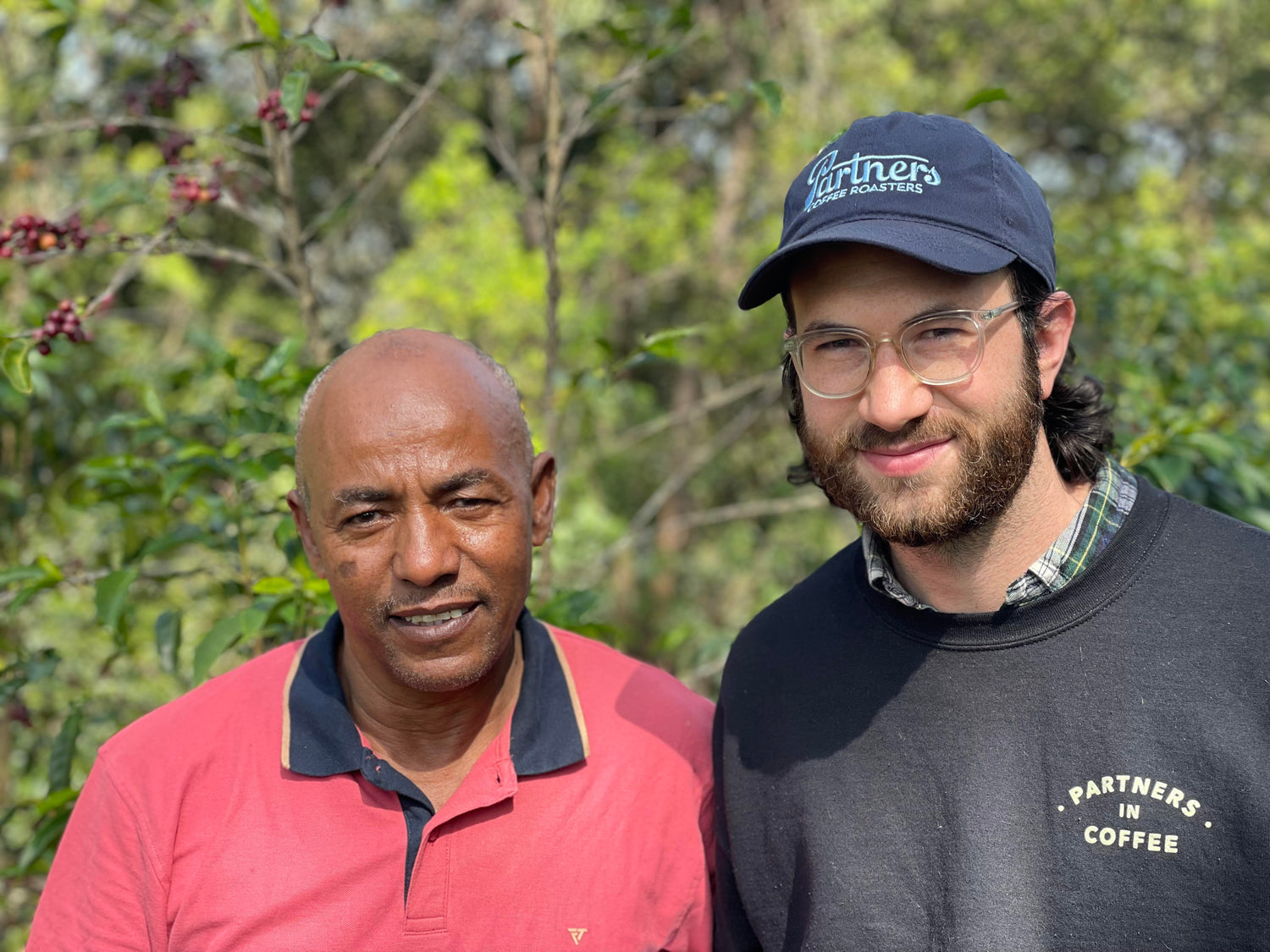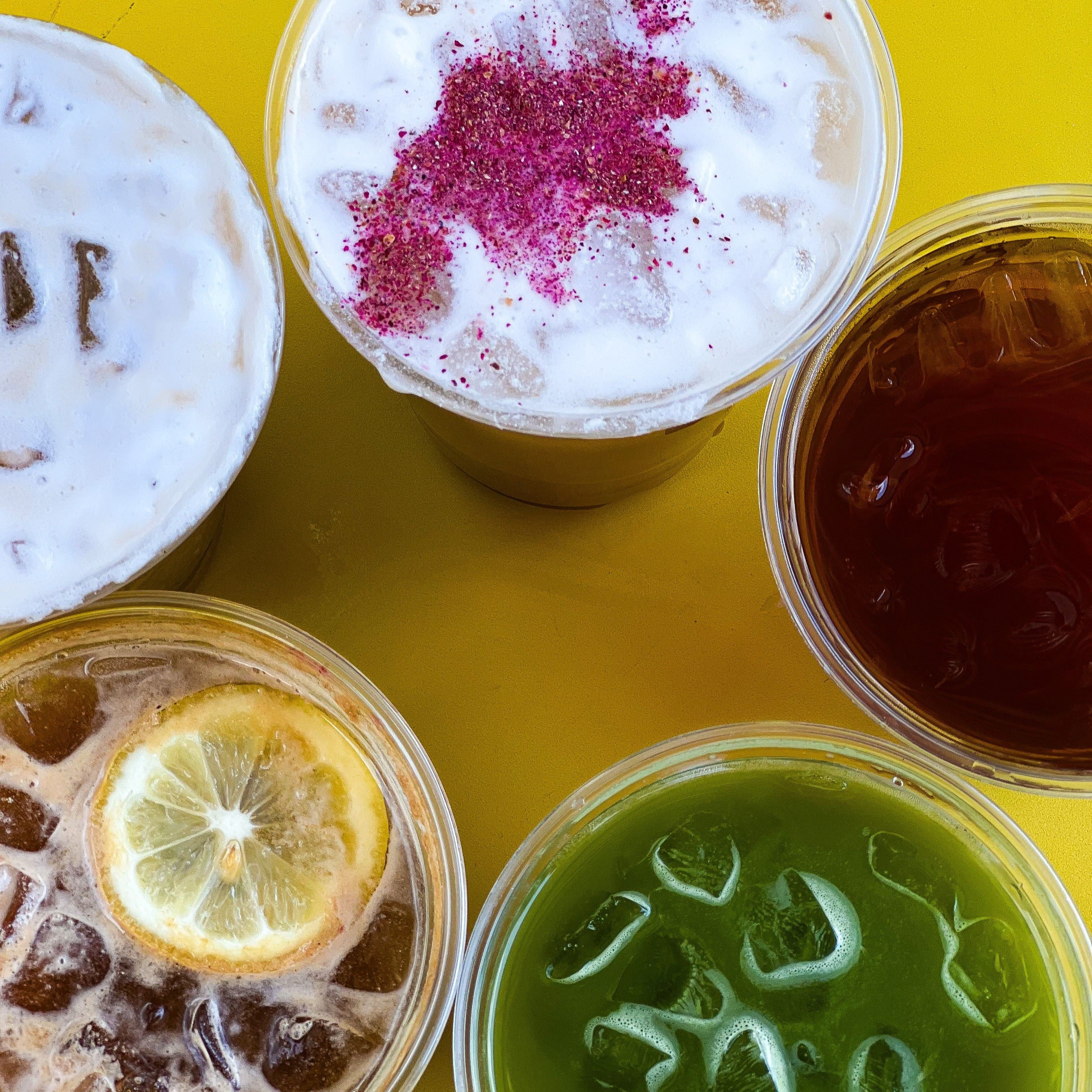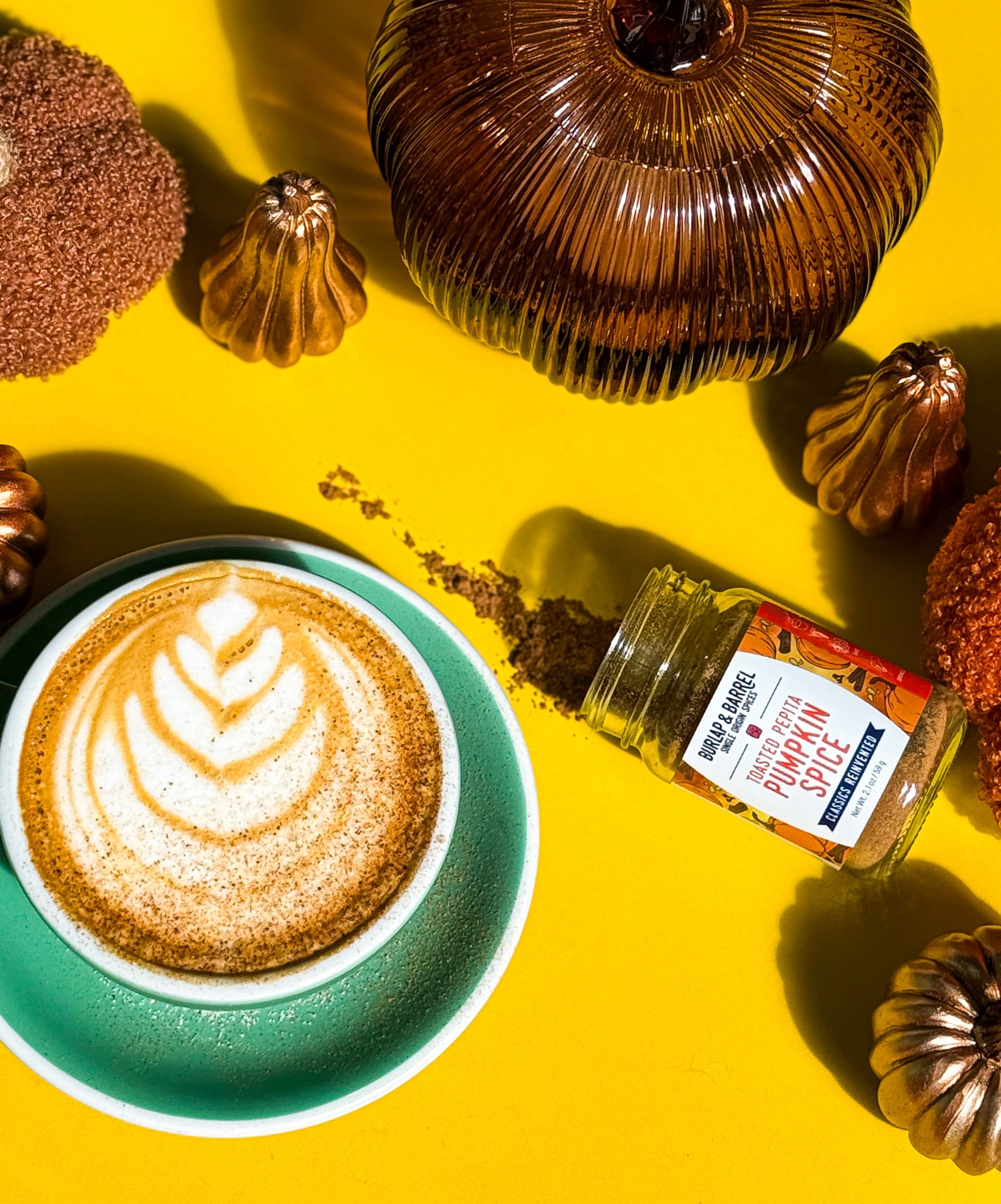Guji Zone is located in the south of Ethiopia, not far from the border with Kenya. In 1998, when a series of severe wildfires destroyed over 5,000 hectares of forest in Guji, Tesfaye Bekele was selected to lead the reforestation efforts. A trained environmental scientist working for the Ethiopian forestry service, Tesfaye grew concerned that farmers in the area were replanting the razed land with monoculture crops like corn and teff. He proposed and distributed coffee as a viable alternative - a native crop that would still thrive under forest canopy.
Initially locals were skeptical. The local Oromo people were traditionally pastoral, and for decades Guji's land was highly guarded due to its vast mineral wealth, so while coffee is traditionally consumed there, it hadn't gained a strong foothold as a cash crop. The five year wait between planting and harvesting new coffee was especially daunting for many.
To demonstrate his conviction, Tesfaye founded Suke Quto Farm, which today has grown into two tracts of land with a combined 500 hectares of forest-grown coffee along with two washing stations that service Suke Quto and around 800 outgrowers. Now a very large and successful operation, Tesfaye remains steadfast in his mission: to demonstrate that coffee can be profitably grown in Ethiopia in harmony with the natural environment.
Now Tesafye has expanded into the nearby woreda of Uraga with the acquisition of two washing stations, including Dida Hora, where this lot originated. This station collects coffee from 350 outgrowers cultivating an average of 2.8 hectares. The area has outstanding conditions for coffee cultivation - ample and reliable rain, volcanic soils rich in organic material, and elevations ranging from 2,000 to 2,400 meters, the upper threshold for coffee.
Unlike Shakisso, where Tesfaye has promoted an even mix of kurume and wolisho varieties, farmers near Dida Hora are primarily growing kurume, to which we're attributing this coffee's chamomile-like florals and delicate body. (Kurume - and for that matter, wolisho - are reductive terms, being colloquial names for plants with similar morphologies. Sometimes the name "kurume" is also applied to formally cataloged varieties named by the Jimma Agricultural Research Center, such as JARC 74110 and 74112. Even at Suke Quto, Tesfaye has observed plants that are simultaneously kurume and wolisho in their physical traits - "I don't have an explanation for this," he says.)
Since acquiring the station at Dida Hora, Tesfaye has introduced improved fermentation and drying techniques. Washed coffees undergo a 36 to 72 hour fermentation period (contingent on ambient conditions) and precisely timed sun-drying on raised beds. Careful lot separation enables full traceability from the reception of fruit all the way to export.
We've long admired Suke Quto not just for the incredible longevity and quality of its coffees, but also for the deep commitment Tesfaye holds to sustainable agroforestry practices. We're thrilled to be a small part of this new chapter as Tesfaye expands his vision in Uraga.
Ready for a cup of excellence?
TASTING NOTES
Apricot, Honey, Chamomile
ROAST LEVEL
Light
PROCESS
Washed
VARIETY
Kurume
REGION
Uraga, Guji, Oromia
ELEVATION
2,000-2,400 masl
PRODUCERS
Tesfaye Bekele & 350 small-scale producers
SOURCE
Dida Hora Washing Station








Leave a comment
This site is protected by hCaptcha and the hCaptcha Privacy Policy and Terms of Service apply.